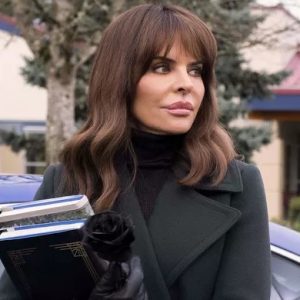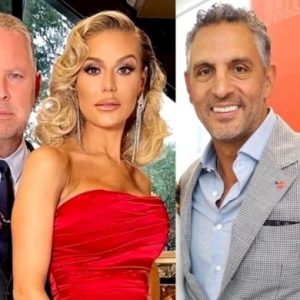Many communities in The Walking Dead have seemed formidable in their ability to last, but the CRM is the most powerful surviving organization so far. The Civic Republic Military is first introduced in The Walking Dead season 8 and briefly present in seasons 5, 6, and 7 of Fear The Walking Dead. Their most prevalent presence in the franchise so far is in The Walking Dead: World Beyond. However, the upcoming spinoff The Ones Who Live teases even more will be revealed about the organization and Rick Grimes’ connection to it.
Given the organization’s limited confirmed presence outside its own locations, details about the CRM have been more scarce than other large communities. For example, the Commonwealth in season 11 of the main show is explored in great detail since much of the season follows Alexandrians and their allies living in the Commonwealth. Interestingly, The Walking Dead: World Beyond highlights how the CRM’s three rings in its symbol represents the Alliance of the Three, which is led by the Civic Republic. While the CRM is only one aspect of the Civic Republic, it’s helped both stand strong without needing to rebuild after numerous years of the apocalypse.
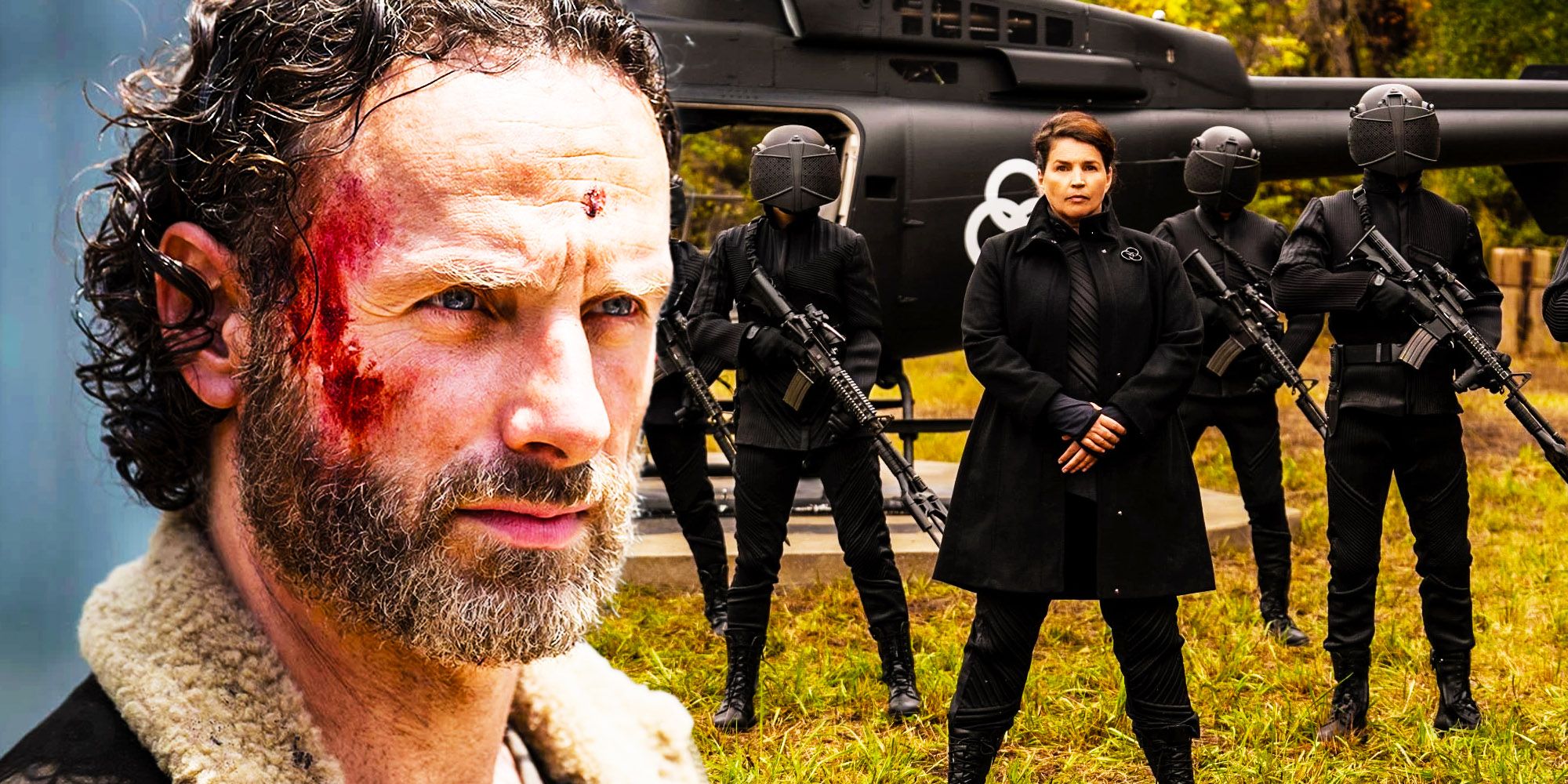
7. The Walking Dead’s CRM Has Access To Helicopters
No other known group has constant access to aircrafts
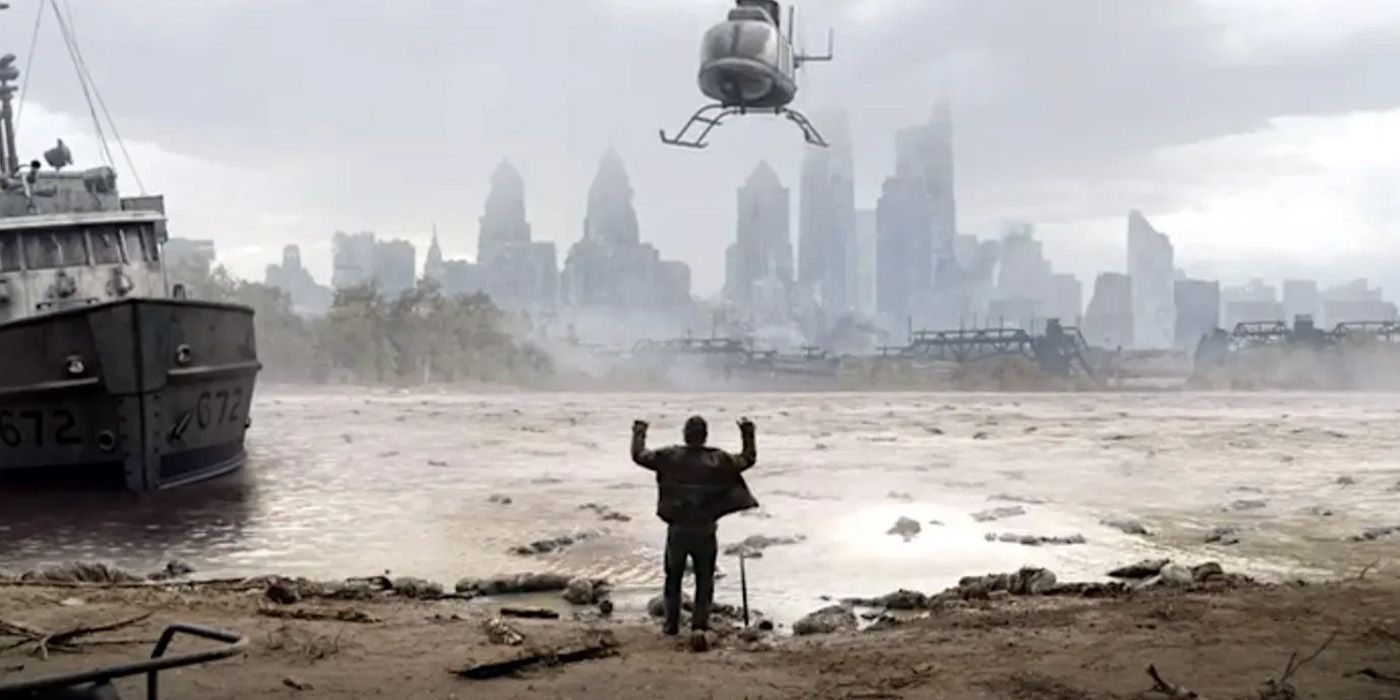
Vehicles in The Walking Dead have been resourceful, some more so than others. Fear The Walking Dead has Althea’s SWAT van, which acts as both transport and a powerful weapon, thanks to the military-grade guns attached. Aside from the short-lived plane ride in Fear The Walking Dead season 5, the CRM’s helicopters are the only airborne mode of transport in the franchise. This adds to the organization’s power level because it indicates how expansive their reach is. With helicopters, they can travel broader distances faster and potentially cross international borders. This is why there’s speculation that Daryl Dixon‘s main antagonist Genet could be connected to the CRM and its experiments.
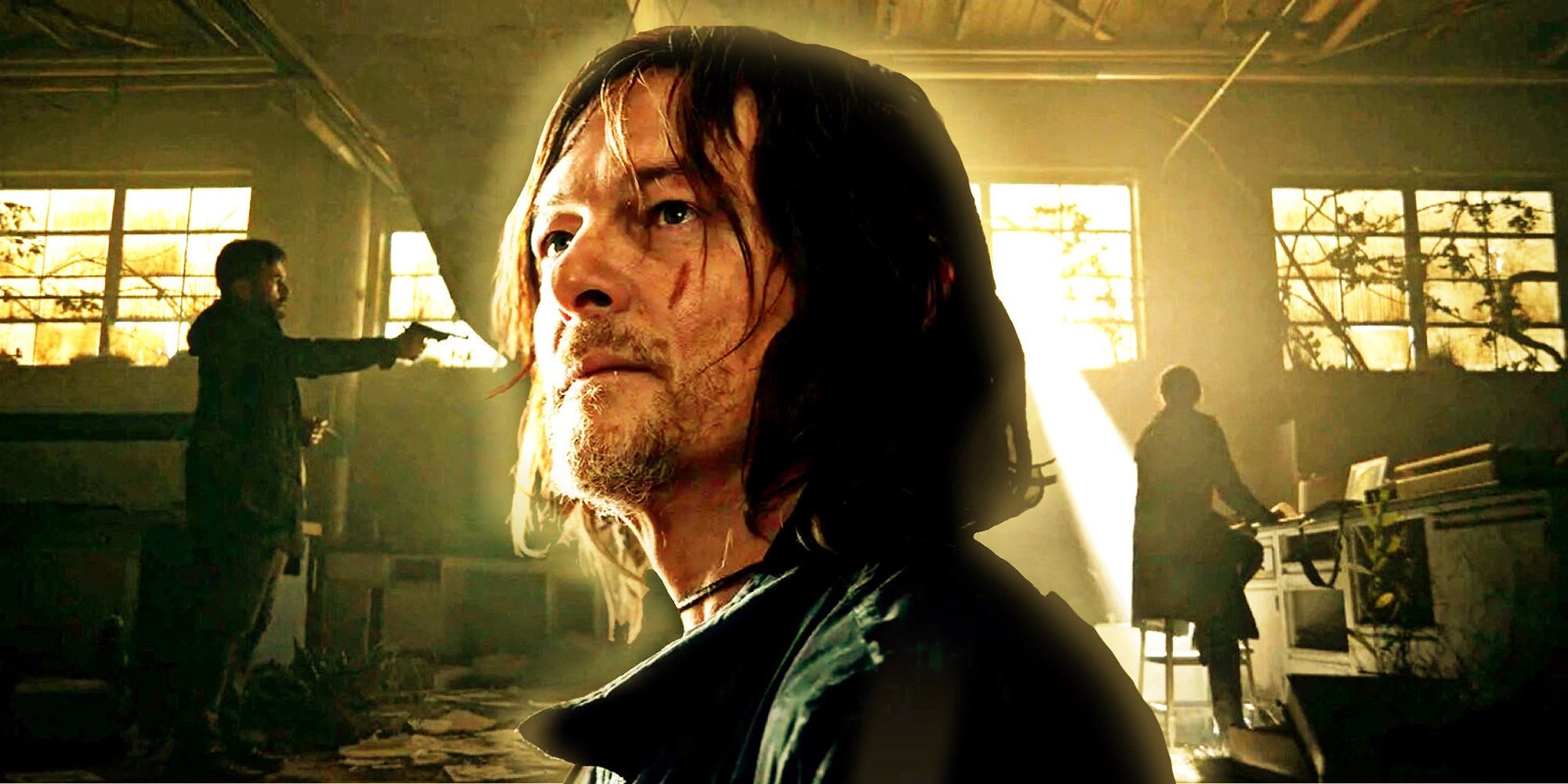
6. The CRM Contains Former Military & Political Figures
The military background explains the CRM’s rigid structure
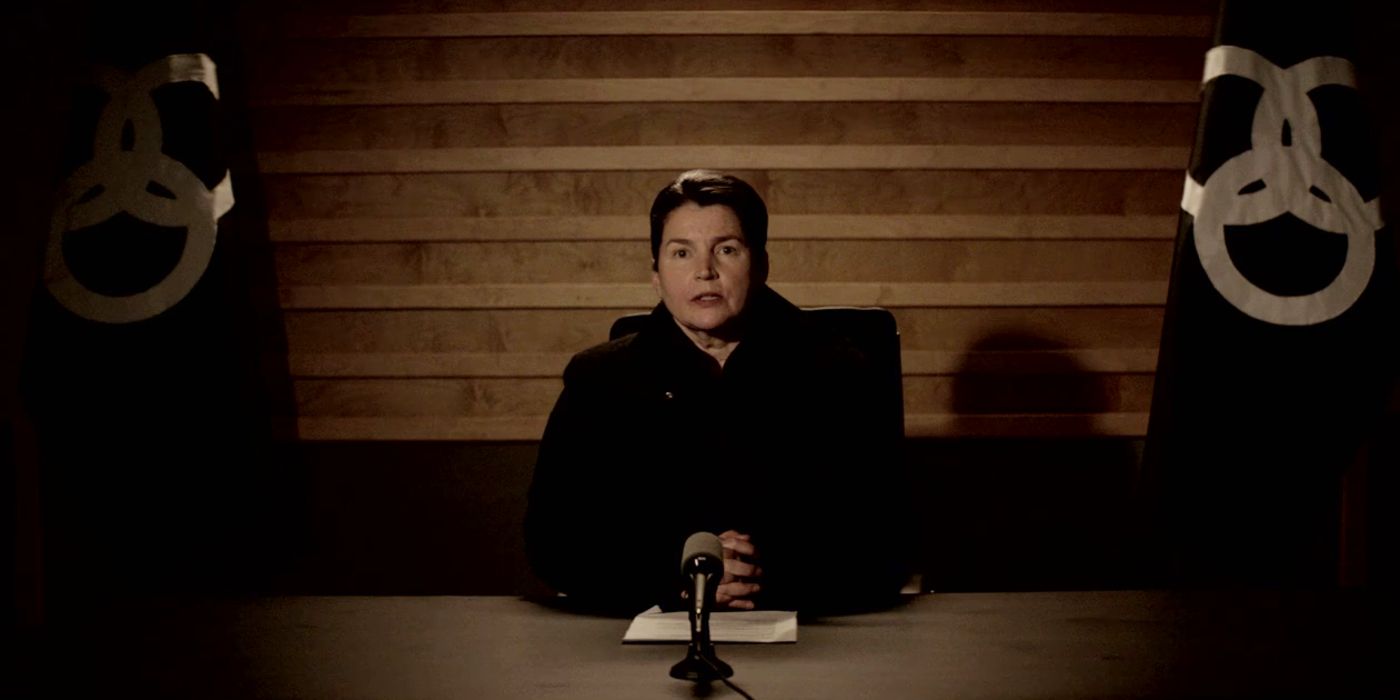
While not much is known about when exactly the CRM was formed, its personnel are largely made up of people who held military positions prior to the apocalypse. For example, former member Elizabeth Kublek was an attaché for the UK Ministry of Defense in New York before the virus outbreak. This explains her direct military and political experience prior to becoming a lieutenant colonel for the CRM. Unlike Pamela from the Commonwealth, Kublek’s prior experience gave her a more detached approach at first. Arguably, this distance between emotion and logic is what helps the CRM stay in control of its colonies.
Having experienced figures explains why the CRM’s rankings mimic pre-apocalyptic military structures so closely, such as expected villain for The Walking Dead: The Ones Who Live Major General Beale. The fierce focus on following rules and military discipline is reinforced by Isabelle in Fear The Walking Dead. Unlike the predominantly civilian-based communities like Hilltop and Alexandria, a trained military background gives the CRM a defense and experience advantage, allowing them to focus on their goal of securing the future instead of merely surviving.
5. Academics And Research Are A Major Focus Of The CRM
Science in The Walking Dead universe has expanded the more the spinoffs branch out. For instance, World Beyond and The Walking Dead: Daryl Dixon both explore the link between French scientists and the virus’ existence. The CRM, on the other hand, has demonstrated a formalized focus on science advancement and education in research facilities. The Walking Dead: World Beyond shares how these programs engage in experiments to slow the zombie reanimation process.
Focus has been placed on utilizing civilians the CRM deems most valuable to further these advancements, such as Hope and Iris’ father Leo in The Walking Dead: World Beyond, who is a scientist taken to the research facility. Kublek even encourages Hope, who has an aptitude for science, to join the facility. This suggests that the CRM’s calculated handling of resources from people to knowledge is used with the goal of continuing to improve their circumstances, so they can rebuild civilization to be stronger than it was. Unlike other communities with both education and strong defenses, like the Commonwealth, the CRM prioritizes growth over returning to pre-apocalyptic ways of living.
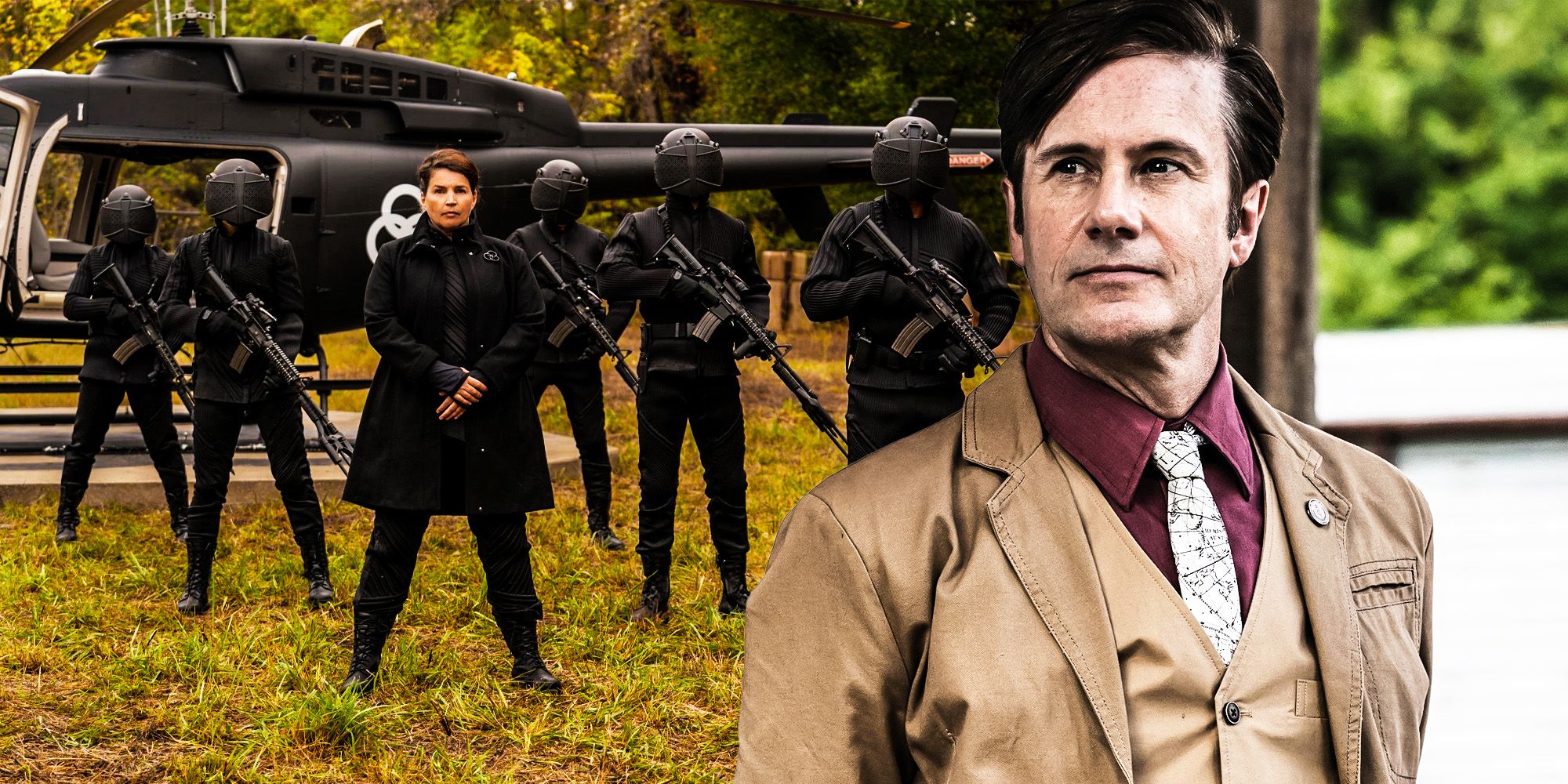
4. Specialized Technology And Resources Are Used By the CRM
Weapons and clothing are customized to handle the post-apocalyptic world
The CRM soldiers wield specialized weapons, such as military fireams with scopes, foregrips, and stabbing implements attached. Additionally, the science focus also ties into their weaponry, since the CRM were planning to use chlorine gas to wipe out Portland and its survivors. This highlights how the CRM has the resources and know-how to conquer large areas quickly with minimal direct interception if needed, meaning fewer CRM troops die during these missions.
Moreover, the customized bite-proof armor and clothing prepares soldiers better for infantry missions. Overall, the CRM’s large-scale adaption to the threats of the post-apocalyptic world outshines other communities because of how uniform their methods are and their sheer numbers. While the Commonwealth’s B14 plan supposedly led to the walker invasion, indicating Pamela’s resources, the community still ultimately failed because of civil unrest and the Alexandrians’ takeover.
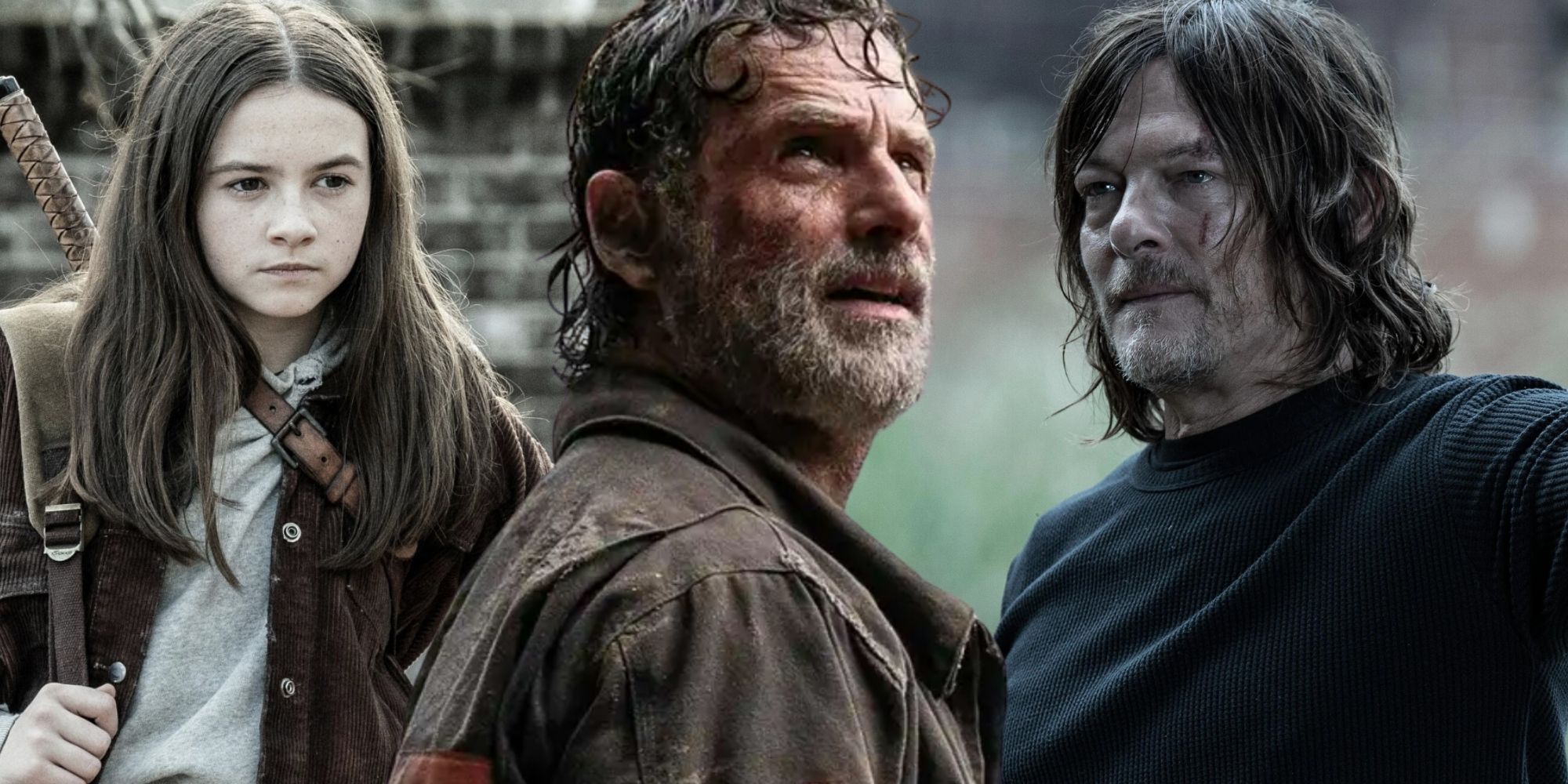
3. The CRM Values Secrecy About Their Work & Locations
Coded maps and high-security protocols help maintain the CRM’s secrecy
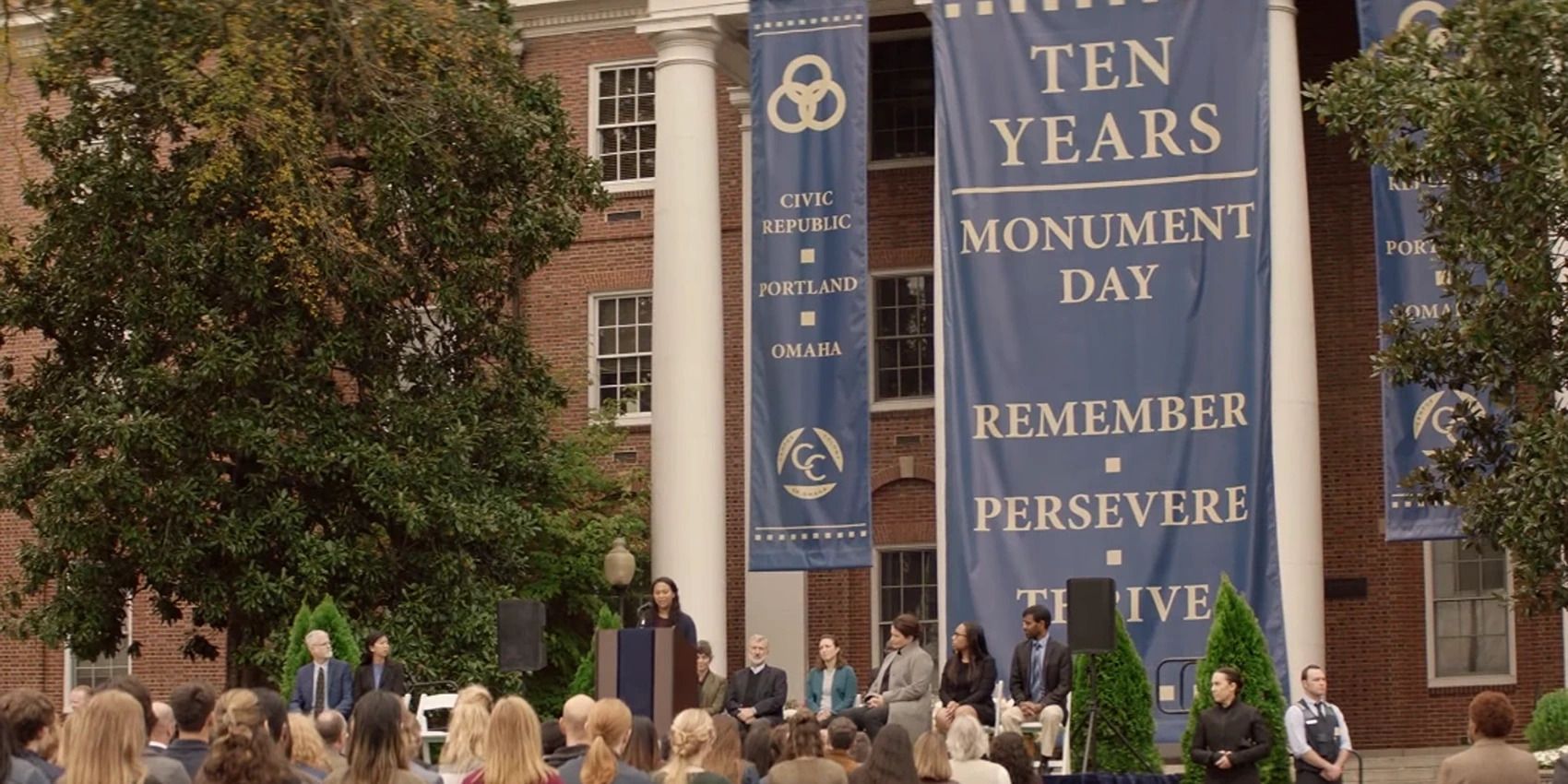
Unlike Rick’s map in The Walking Dead that outright tells Morgan to go to Washington, the CRM uses cleverly coded maps to keep its various American and possibly international locations under wraps. In order to decode the seemingly blank maps, plastic overlays are used which act as decoders. When a strong enough light is shined on the overlay, dropsites and various symbols representing CRM locations show up. This adds an extra layer of security that reinforces why the organization has been so under the radar.
Additionally, the genocidal operations the CRM carries out are unknown by the Civic Republic and its civilian government, mainly because the CRM usually kills anyone who poses a threat to security. To add to this even more, the CRM typically retrieve their fallen soldiers, most likely to avoid questions being raised about them and their branded clothing. For instance, Isabelle burns her partner Beckett’s body and Kublek has a recovery team sent to fetch the dead body of a CRM soldier.
2. The CRM’s Purpose And Missions Are Primary
The CRM aims to rebuild civilization for a better future
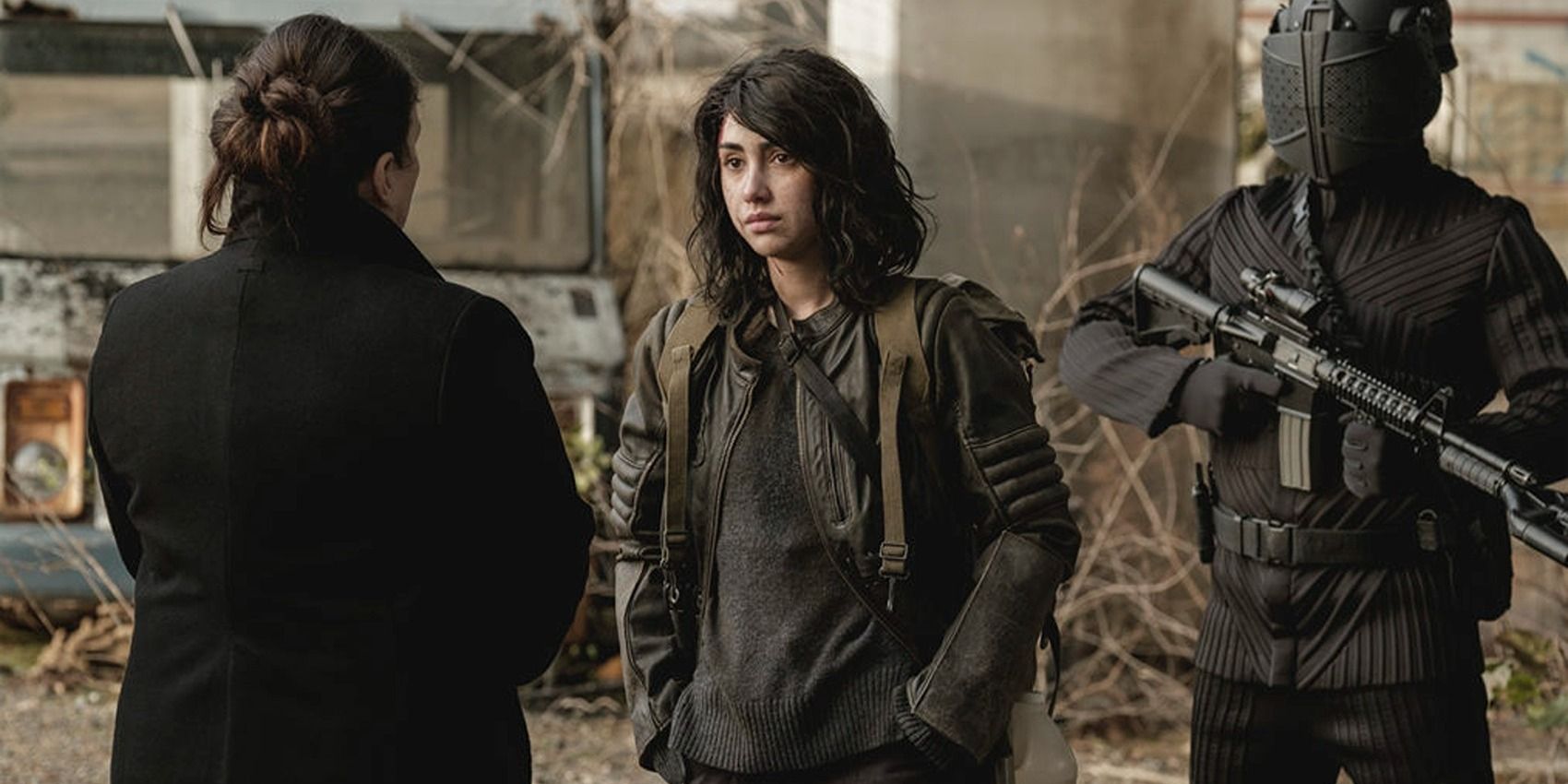
On the back end of maintaining secrecy, reducing obstacles that hamper the CRM’s mission and purpose of rebuilding civilization also involves violent means. For instance, once Lyla, a CRM scientist, is no longer viewed as an asset for the research on reanimation, Jadis orders Huck to kill her. Additionally, Isabelle kills Beckett when he abandons his mission, thus preventing the CRM’s secret from getting out. This depicts how personal relations aren’t allowed to factor into actions taken by the CRM – following protocol and completing the mission is seen as more important.
When any members of the CRM start indicating signs of straying, such as Kublek and Barca, who both start showing remorse and uncertainty about the large-scale killings at different points, they are either demoted and turned into a test subject in Barca’s case or arrested in Kublek’s case. Punishment on an organization’s own people is not new to The Walking Dead, since Negan would burn some of his group with a hot iron. However, the CRM’s covert methods and organized military protocols are seemingly more effective because the secrecy around questionable missions helps prevent internal uprisings.
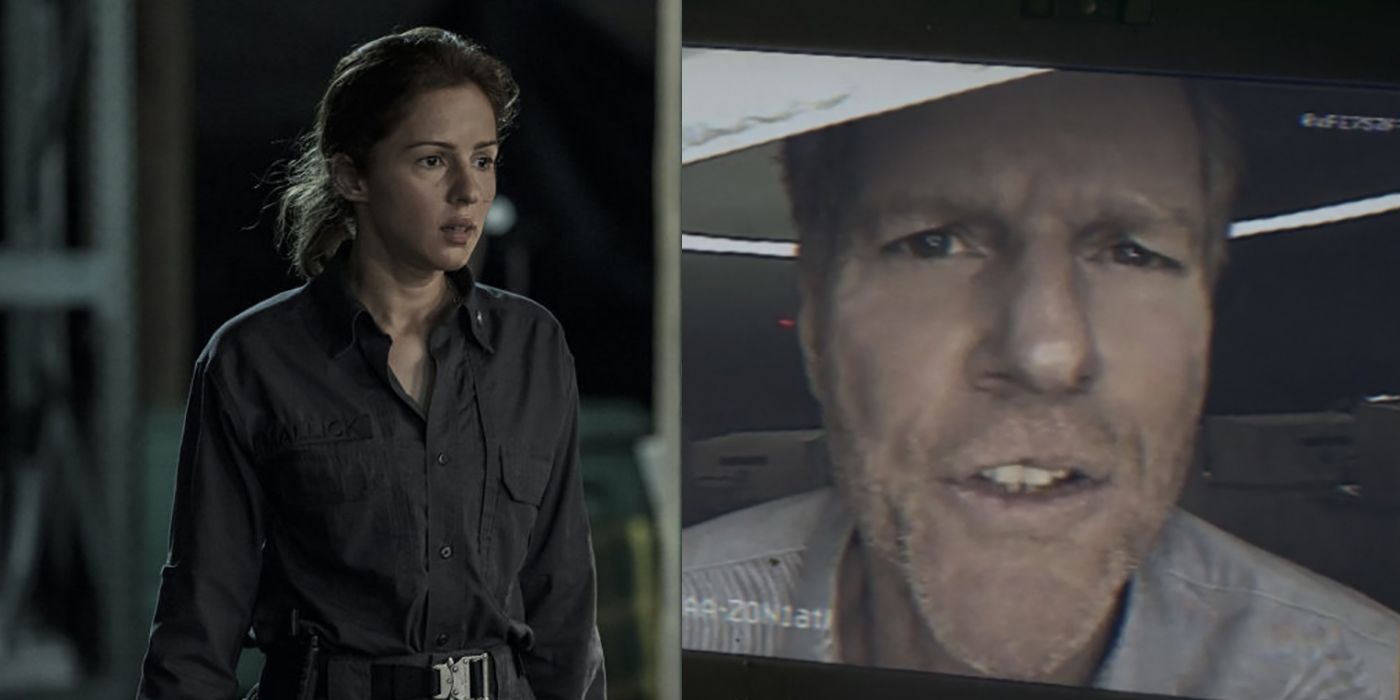
1. They Follow A Rigid Sorting System To Assign Roles In The CRM
Roles are decided based on an individual’s abilities
The CRM’s manner of recruitment is focused on ensuring the best people fill each required role. What this means is that characters are placed into roles best suited to what makes them valuable to the CRM. Part of this is the CRM’s “A” and “B” system, which has recruiters bringing in either strong and useful assets or recently turned walkers to be used as test subjects. Once in the CRM, there’s even more granular sorting. For instance, Dennis, Huck’s husband, is removed from active duty to be in charge of the culling facility.
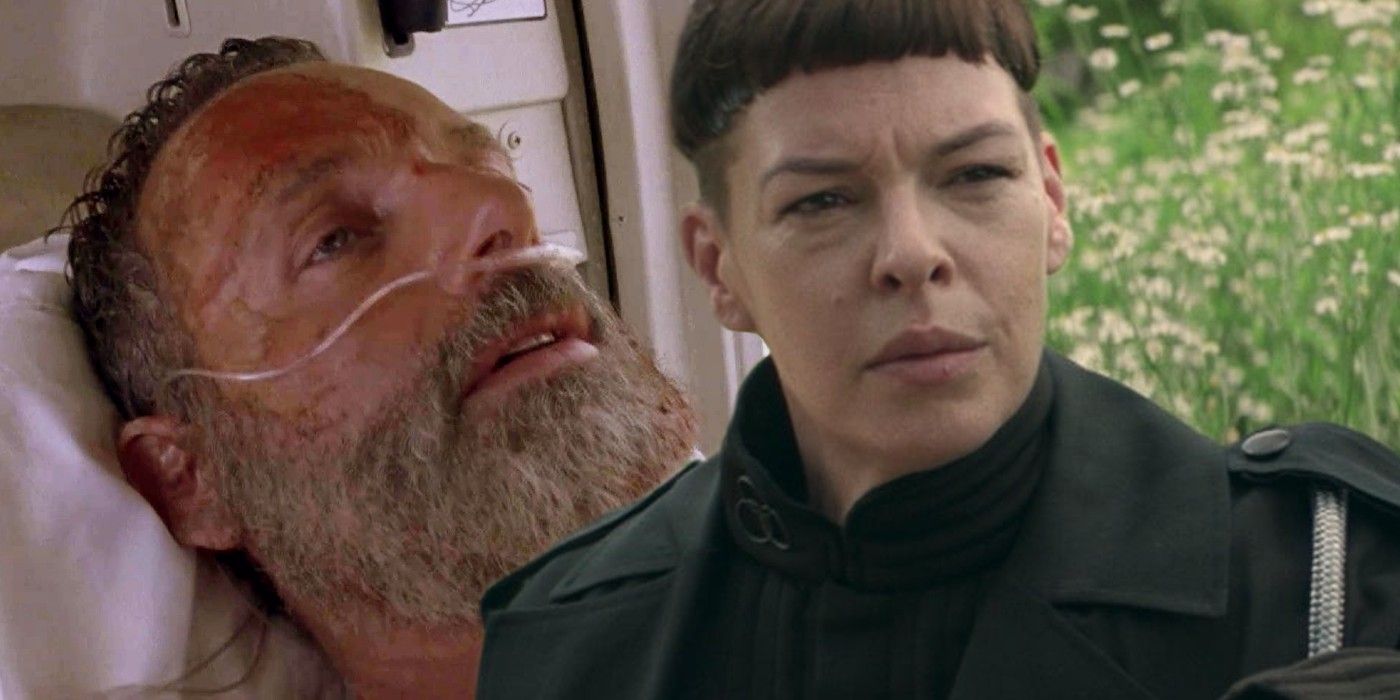
Despite the rigidity of the CRM, roles aren’t fixed. Jadis goes from recruiter to warrant officer. While some communities have had assigned roles, it’s typically been more implied. When it was formalized, like Deanna enlisting Michonne and Rick to be a part of Alexandria’s police force, the intention prioritized avoiding the outside world instead of adapting to it. The Walking Dead‘s CRM has maintained its strength until now because of its focus on a singular goal with minimal room for concern over anything or anyone else. Potentially, The Walking Dead: The Ones Who Live or Daryl Dixon might be the only upcoming opportunities to challenge this organization.




